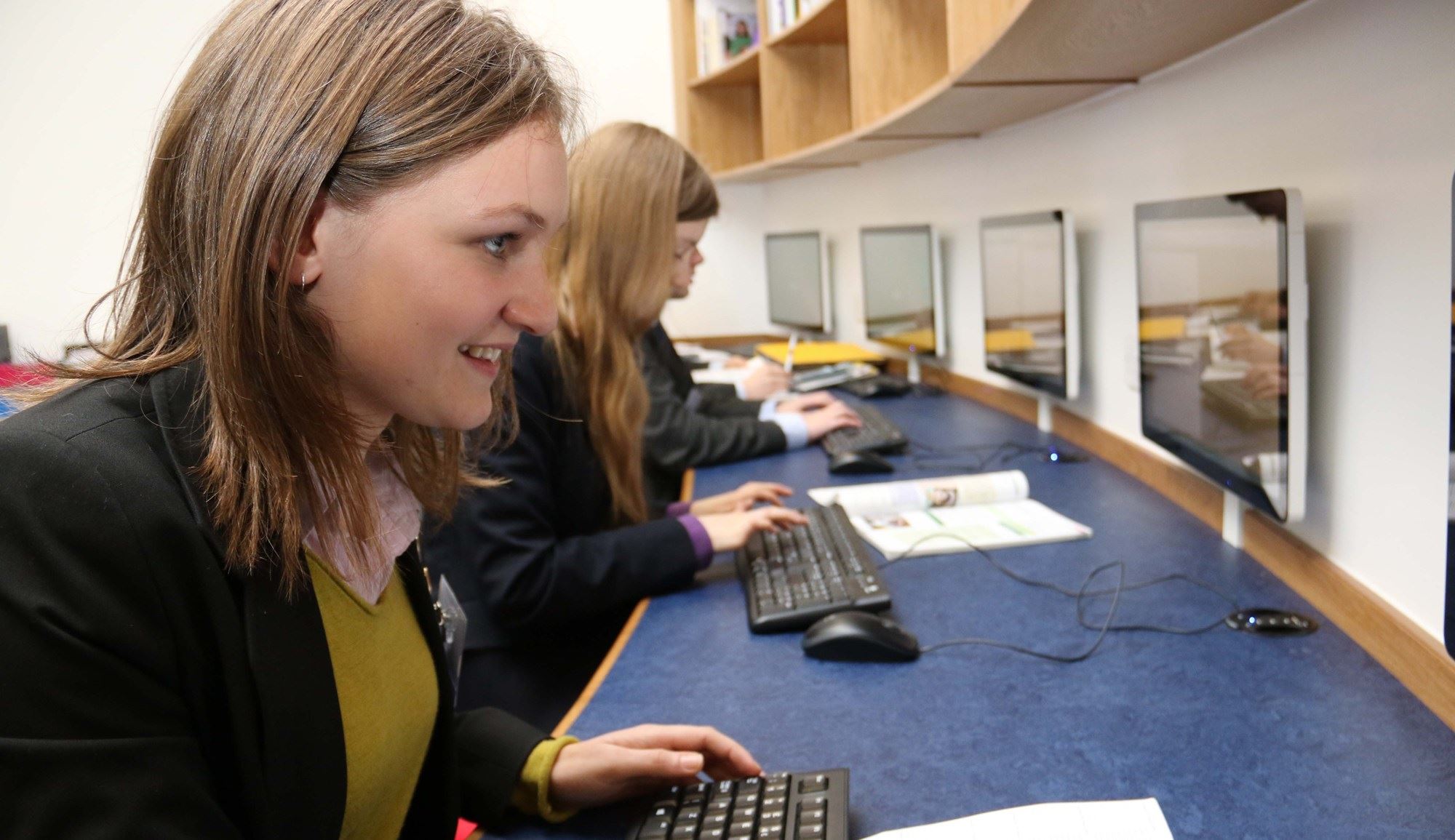Computer Science
Head of Department: Miss J Brown
Exam board: OCR
Qualification name: Computer Science
Qualification codes: GCE H446
What you will study
Component 1: Computer Systems
This component introduces learners to the internal workings of the Central Processing Unit (CPU), the exchange of data and also looks at software development, data types and legal and ethical issues.
Component 2: Algorithms and Programming
Understand the benefits of applying computational thinking to solving a wide variety of problems.
Component 3: Programming Project
Pupils will be expected to analyse, design, develop, test, evaluate and document a program written in a suitable programming language.
In addition, mathematical skills are embedded throughout the content of the three components.
How you will be assessed
The A Level is a linear qualification with 100% external assessment at the end of the course. It comprises:
Component 1: one two-and-a-half written paper recalling knowledge and understanding (40% of the A Level);
Component 2: one two-and-a-half written paper relating to problem solving skills and the ability to apply the knowledge and understanding encountered in component 1 (40% of the A Level);
Component 3: synoptic project – a practical portfolio-based assessment that is internally marked and externally moderated (20% of A Level).
Why choose Computer Science?
Computers pervade every aspect of modern life and modern society simply could not function without computers. Computer Science at A level will give students a general grounding in Computer Science, including an understanding of computer systems, the principles of programming, and the solving of problems.
Course requirements
Students will have been assessed in IT skills at Key Stage 3 and many will have followed a course in IT or Computer Science at Key Stage 4. Whilst not assuming the full knowledge and understanding of the subject at Key Stage 4, the course assumes that all candidates will have a basic understanding and knowledge of both the hardware and software of a standard, stand-alone computer system.
Related subjects at Sixth Form
Computer Science integrates well with subjects across the curriculum and is as relevant to a student studying arts subjects as it is to one studying science subjects. Art, business studies, economics, maths, further maths, politics and science all complement Computer Science.
Where could it lead?
Students following GCE Computer Science courses typically go on to higher education courses – such as computing, computation, computer science and software engineering where knowledge of Computer Science is beneficial – and careers in computer systems research and development, computer programming, systems analysis and design, computer games production and software engineering. Students who study Computer Science also go on to careers in medicine, law, business, politics, education or any type of science.
Further important information
Computer Science is a demanding subject and the pace at A level is fast. Success comes more easily to able mathematicians with a strong work ethic who have a genuine interest in the subject and have some experience of programming. You will need to be able to learn new skills quickly and write succinctly in an exam situation.


